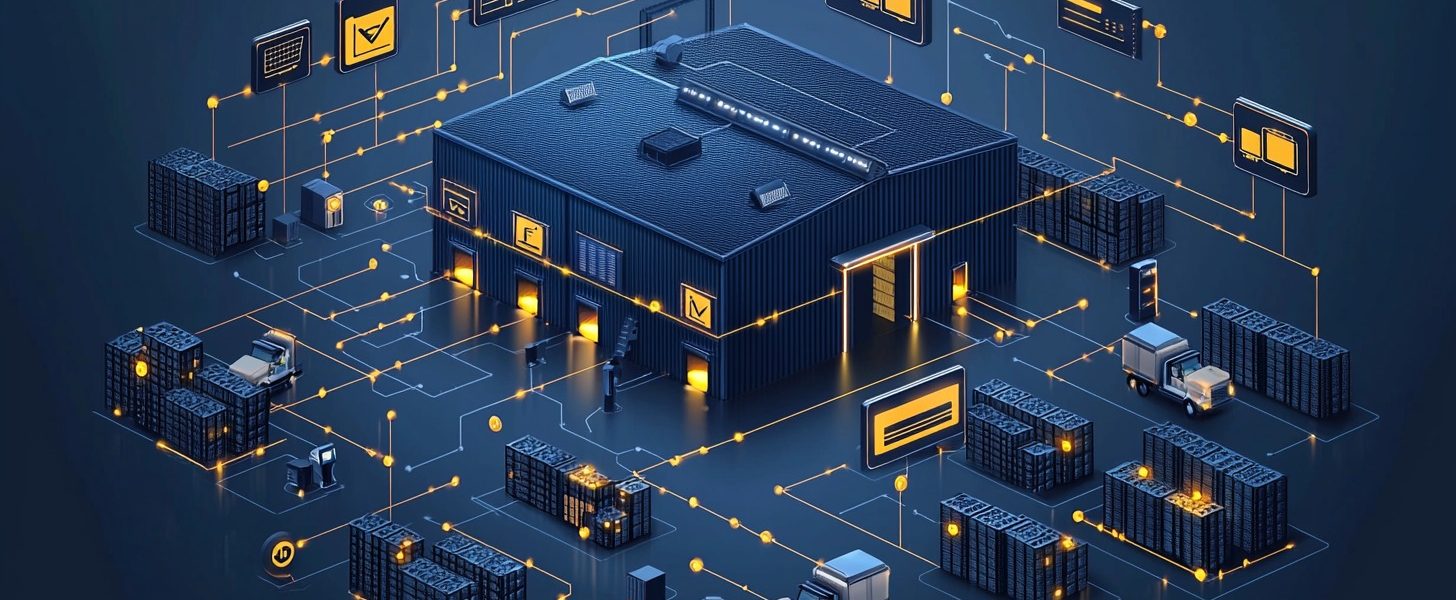In today’s fast-paced e-commerce landscape, trust has become the cornerstone of success. Consumers now expect transparency, authenticity, and ethical practices from the brands they choose. Yet, traditional retail supply chains are often plagued by challenges such as counterfeit products, unclear sourcing, and inefficiencies in logistics.
This is where blockchain technology, like the solutions offered by Bridge Crypto, steps in to reshape the e-commerce industry. By enhancing traceability, ensuring transparency, and building trust across every stage of the supply chain, blockchain is revolutionizing how businesses and consumers interact.
Blockchain: Transforming retail supply chains
Blockchain is shaking up retail supply chains by introducing a decentralized, tamper-proof system that boosts efficiency and trust across the board.
Provenance and traceability
Blockchain makes it easy to track a product’s entire journey, from raw materials to delivery.
- How It works: Each step in the supply chain is recorded as a secure “block,” creating a clear and transparent history.
- Why It matters: Shoppers can scan a QR code to instantly see where a product came from, how it was made, and how it got to them.
Example: A coffee lover can verify their organic brew is ethically sourced with blockchain-based proof.
Authenticity verification
Counterfeit goods, especially luxury ones, are a huge issue. Blockchain helps verify a product’s authenticity.
- Digital certificates: Products are paired with unique digital tokens stored securely on the blockchain.
- Why it matters: Consumers can confidently buy items like high-end clothing or electronics, knowing they’re the real deal.
Example: Luxury brands like Louis Vuitton use blockchain to fight counterfeiting and ensure authenticity.

Smart contracts for automation
Smart contracts are game-changers for automating supply chain processes.
- How It works: These self-executing agreements trigger payments and deliveries automatically, based on real-time conditions.
- Why It matters: Consumers get faster, more reliable order fulfillment—no more waiting around for manual approvals.
Example: Online retailers can automate refunds or replacements if a delivery is late.
Enhanced data security
Traditional supply chains often rely on centralized databases, making them vulnerable to hacking. Blockchain’s decentralized design is far more secure.
- How It works: Data is encrypted and shared across the network, making it nearly impossible for hackers to access.
- Why It matters: Personal and financial information stays safe during transactions.
Example: Blockchain-based payment systems protect shoppers by offering fraud-resistant checkouts.
Sustainability and ethical sourcing
Blockchain helps brands prove their commitment to ethics and sustainability.
- How It works: Records verify adherence to environmental and fair trade standards.
- Why it matters: Shoppers can feel good about supporting brands that truly prioritize sustainability.
Example: A fashion brand uses blockchain to confirm its clothes are sustainably made under fair working conditions.
By tackling issues like traceability, authenticity, automation, security, and sustainability, blockchain is redefining retail supply chains. It’s making processes smoother while building trust and accountability with consumers.
Business perks of blockchain in e-commerce
Adding blockchain to e-commerce brings big benefits for businesses:
- Boosted brand loyalty: Transparency and authenticity build trust — and trust keeps customers coming back.
- Better cost efficiency: Smart contracts streamline operations, cutting costs and reducing mistakes.
- Gaining a competitive edge: Blockchain-backed supply chains set brands apart and give them a unique selling point.
- Simpler compliance: Immutable blockchain records make audits and meeting regulations a breeze.
Blockchain isn’t just a tech buzzword — it’s a powerful tool that’s changing how businesses and consumers interact.





